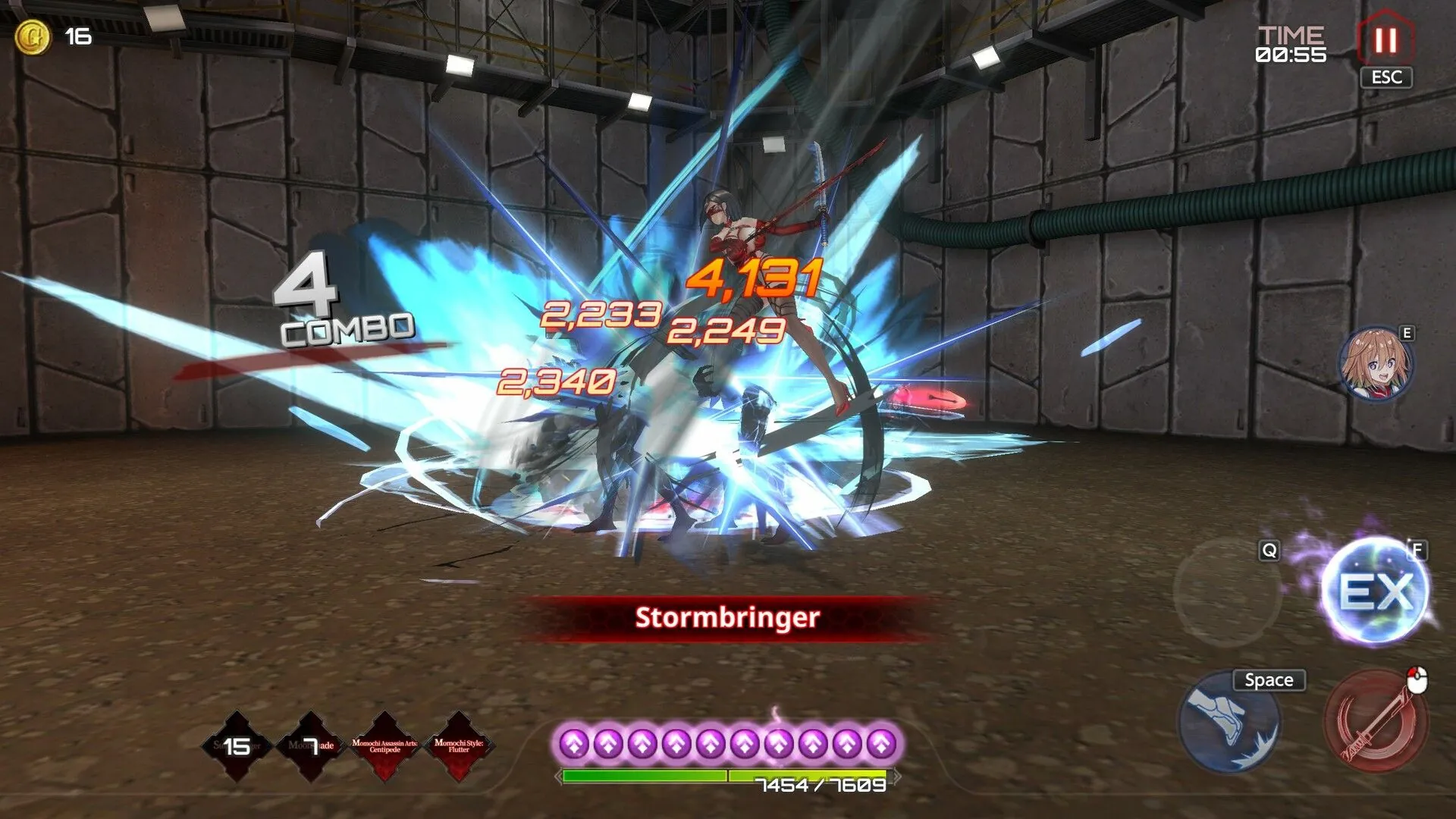
F.I.L.F.
Play F.I.L.F.
F.I.L.F. review
Uncovering the Intricate World of F.I.L.F.
F.I.L.F. is an adult-themed game that offers a captivating storyline, interactive gameplay, and stunning visuals. Players are immersed in a world where they navigate complex relationships and make choices that influence the game’s outcome. With its mature themes and engaging narrative, F.I.L.F. has become a popular choice for those looking for a unique gaming experience.
Unraveling the Storyline of F.I.L.F.
Let me tell you about the first time I truly got lost in the F.I.L.F. storyline. I thought I was just playing another one of those adult-themed games, but within an hour, I was completely invested in the family’s drama, making choices as if these digital characters were real people whose lives depended on my decisions. 😲 That’s the magic of this game’s interactive narrative—it pulls you in and doesn’t let go.
The depth of its storytelling sets a new standard, proving that a compelling plot is the true heart of any memorable experience in this genre. ✨
The Main Plot: A Journey of Discovery
At its core, the F.I.L.F. storyline is a masterclass in weaving a personal, character-driven drama. You don’t just observe the story; you become an active participant in a complex web of family relationships, secrets, and emotional baggage. 🧳 I remember my first playthrough, cautiously trying to be the “good guy,” only to have a seemingly innocent decision to snoop in a bedroom unlock a hidden past I never saw coming.
This journey of discovery is paced perfectly. The game doesn’t info-dump on you. Instead, it reveals its secrets layer by layer, making every new piece of information feel earned and significant. You’re not just clicking through scenes; you’re piecing together the history of a family, and your place within it. The brilliance lies in how the interactive narrative makes you care about uncovering the truth, turning every conversation into a potential clue. 🕵️♂️
Character Interactions: Building Relationships
This is where the game truly shines. The characters in F.I.L.F. aren’t just static images with text boxes; they feel like real people with distinct personalities, desires, and flaws. Your interactions with them are the primary engine of the story. A kind word, a helping hand, or a moment of shared confidence can dramatically shift your relationship, opening up new story paths and scenes that would otherwise remain locked. ❤️🔥
I learned this the hard way. In one playthrough, I focused all my attention on a single character, neglecting the others. I was shocked to find that because I hadn’t built a trusting relationship with another family member, they actively worked against me later in the story, blocking a crucial path I wanted to take. This is the essence of player choice impact—every dialogue option and action has weight.
Pro Tip: Don’t rush your conversations. Take time to explore all dialogue options with different characters. The most impactful story developments often come from the characters you might initially overlook.
For example, choosing to help one character with a personal problem over another doesn’t just earn you points; it can:
* Unlock a heartfelt confession that changes your understanding of the family dynamic.
* Trigger a new, intimate scene that deepens your connection.
* Cause jealousy or resentment in other characters, creating new dramatic tension.
Twists and Turns: Unpredictable Story Paths 🎭
Just when you think you have the F.I.L.F. storyline figured out, it throws you a curveball. The narrative is designed with brilliant twists that feel organic, not forced. They arise naturally from the characters’ actions and, most importantly, from your choices. This unpredictability is what makes the game so incredibly replayable.
The ultimate expression of this design is the game’s system of multiple endings. Your journey doesn’t have one predetermined conclusion. The ending you get is a direct reflection of the relationships you’ve nurtured, the secrets you’ve uncovered, and the moral choices you’ve made along the way. I’ve played through three times, and each finale felt uniquely personal and satisfying.
The table below shows how a single major decision can branch the story in completely different directions:
| Your Key Decision | Short-Term Consequence | Potential Long-Term Impact on Ending |
|---|---|---|
| Reveal a discovered secret to Character A | Gains their immediate trust and unlocks a close, intimate scene. | Leads to a stable, trusting relationship and a “harmonious” ending path. |
| Confront Character B with the same secret | Causes a major argument and temporarily locks you out of their story arc. | Forces Character B on a path of redemption, potentially leading to a more dramatic, “earned” reconciliation ending. |
| Keep the secret to yourself | Maintains the status quo, but gives you hidden leverage. | Unlocks a more manipulative, power-based storyline with its own unique conclusion. |
This level of narrative complexity is what separates F.I.L.F. from other adult-themed games. It understands that a powerful story isn’t about what happens to the player, but what happens because of the player. The player choice impact is real, tangible, and shapes your entire experience from the first click to the final, impactful scene. 🏆 Diving into this intricate world is a journey you won’t forget.
In conclusion, F.I.L.F. offers a unique gaming experience with its intricate storyline, engaging gameplay, and stunning visuals. Players can explore complex relationships and make choices that shape the game’s outcome, providing a rich and immersive experience. For those interested in adult-themed games with interactive narratives, F.I.L.F. is certainly worth exploring.























